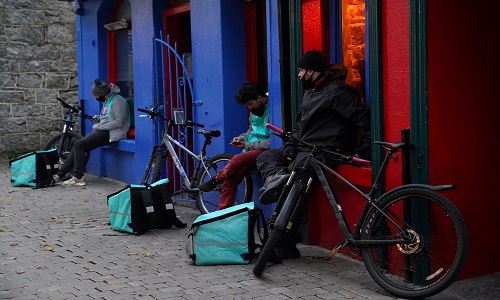New Zealand`s new programmes to support young people in getting jobs

Follow us Now on Telegram ! Get daily 10 - 12 important updates on Business, Finance and Investment. Join our Telegram Channel
The New Zealand government has been working to help steer young people into training and employment so as to stay away from crime.
The government is rolling out new programs in areas that have seen spikes in youth offending to help young people find jobs, Associate Minister of Social Development and Employment Willie Jackson said on Friday, Xinhua News Agency reported.
The plan involves 15 work-readiness and employment training programs in those areas which have seen the biggest increases in youth crime and ram raids. Areas include south and west Auckland, Northland, Bay of Plenty and Waikato.
"While youth crime is down on a decade ago, there has been a spike in youth offending we need to address," Jackson said, adding helping young people into training and work is one of the best things the government can do to steer them away from crime.
The programmes are part of the government's "Better Pathways" package, aimed at getting more young people aged 15 to 24 into education, training or work in a bid to drive down youth crime.
They focus on supporting young people who face barriers to getting into work like low or no qualifications, health issues or community responsibilities, and who have extra barriers because of potential links to criminal activity or gang affiliations.
The programmes aim to take young people through a journey that grows them as individuals, whether that be reconnecting with families, supporting them to deal with the issues they are facing while equipping them with skills, training, and confidence to identify and set career aspirations, Jackson said.
"It's also about giving ongoing support to overcome challenges rangatahi (young people) can face like peer pressure to take part in anti-social or criminal activity and supporting them through future challenges that may arise as they progress along their employment pathway," he said.
Some young people involved in crime or associated with gangs have never had an opportunity to get on a training course or be in a position to apply for a job, he added.












 320-x-100_uti_gold.jpg" alt="Advertisement">
320-x-100_uti_gold.jpg" alt="Advertisement">












